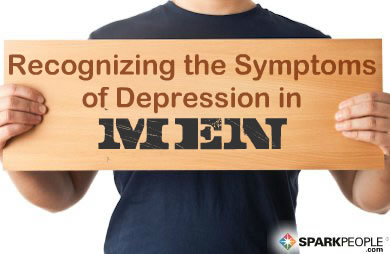|
Recently my teenage son and I found ourselves killing time at the grocery store while waiting for the pharmacy to fill a prescription. Surrounded by an array of protein supplements and energy drinks, my typical "tell mom only what is absolutely necessary" son was full of questions and comments. Our discussion about energy drinks was interesting--and somewhat disturbing--on several levels. As any mom knows, it is important to not pass judgment or show signs of shock if you want the conversation to continue. This little discussion led me to the following conclusions:
We don’t know the complete health implications of energy drinks. It probably depends on your specific health conditions and the amount you consume. Last year, the US Food and Drug Administration began investigating reports of several deaths linked to the use of these type energy drinks. Caffeine, a stimulant and the most active ingredient in these energy concoctions, provides the energy-boost that one experiences. Caffeine has been shown to improve mental focus, alertness, anaerobic performance, and/or endurance performance. The Caffeine Connection: Who really knows how much caffeine is in that bottle or can, and we often don't know exactly what else is in there, either. Most energy drinks don’t include this information on the label. Caffeine, a substance that is generally recognized as safe (GRAS) is not considered to be a food additive, and can therefore be added to foods without FDA approval. Even when brands do list caffeine content, that information is questionable: Consumer Reports found that many drinks contain more caffeine than listed. Not knowing the amount of caffeine can be dangerous! There is the risk of caffeine toxicity, the symptoms of which include jitteriness, sleeplessness, nervousness, rapid pulse, abnormal heart rhythms, increased blood pressure, even seizures and death. As a dietitian, I tell people to read the label, but if the label is not reporting or inaccurately reporting the info, that’s really no help. Don’t you feel you have the right to know how much of the active ingredient is actually in your energy drink? I do! The Other Stuff: The other ingredients in these secret concoctions can include:
If you believe the marketing, these added ingredients have magical powers. Detoxifying agent, no crash later, stimulates metabolism, improves overall wellness… these are just a few of the health claims made by the companies manufacturing energy drinks. However, a 2012 review of the scientific literature published in Nutrition Reviews evaluated the various ingredients in energy drinks and found no evidence to support these type claims. Only the ingredients providing caffeine (guarana) and the sugar (carbohydrates) can be backed by scientific research. Bottom Line: While you may consider energy drinks to be a harmless pick-me-up, they can be a source of excessive caffeine and calories.
Above all, manufacturers should be required to list the amount of caffeine on all product labels. Come on--if you have nothing to hide, why are you so unwilling to give it to me straight and reveal the exact amount of caffeine that my body is receiving from a shot or can. Do you consume energy drinks? Do you believe that they are dangerous? |
More From SparkPeople
|


.jpg)

















